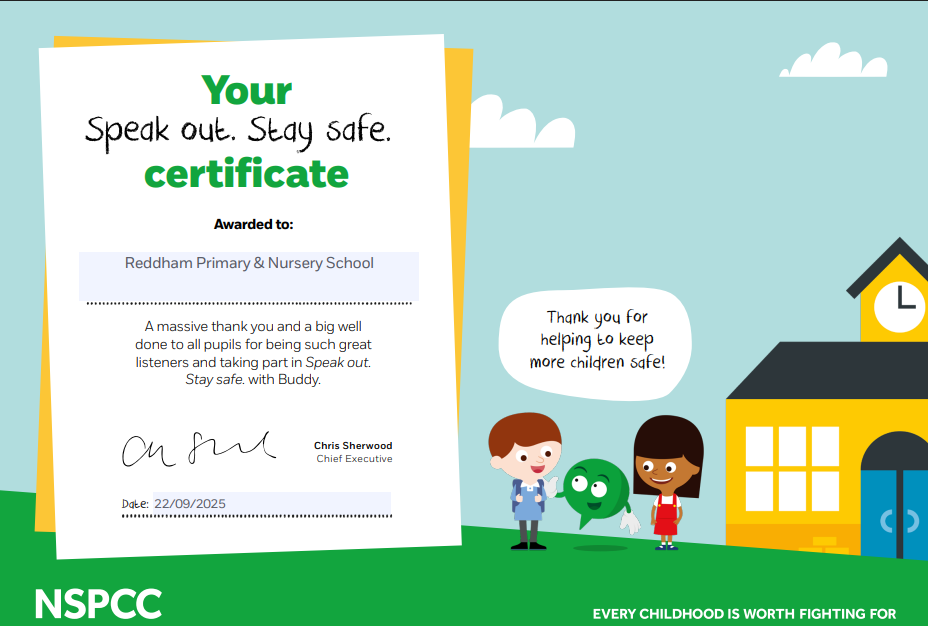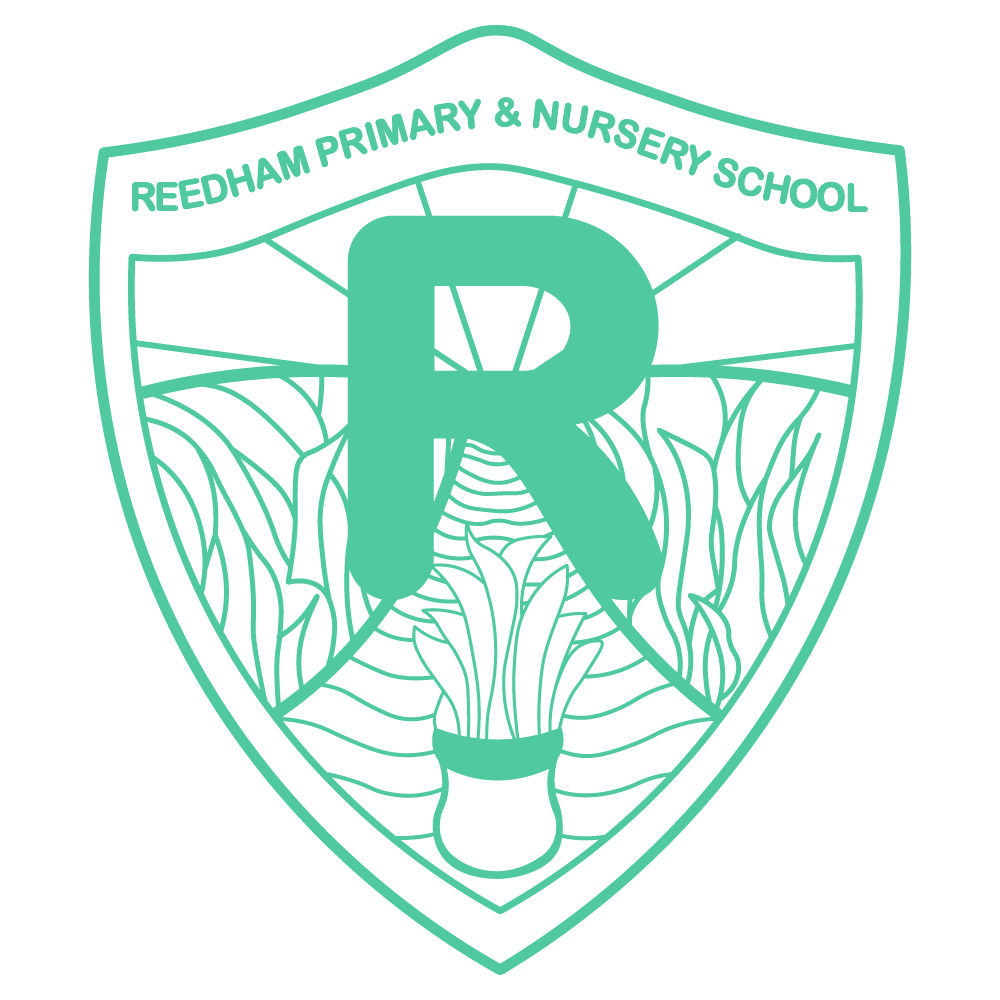Our family of schools
-

Barnby and North Cove Primary School
-

Glebeland Primary School
-

Helmingham Primary School and Nursery
-

Kirkley Nursery
-

Mendham Primary School
-

Middleton Primary School
-

Reedham Primary School
-

Rendlesham Primary School
-

Southwold Primary School
-

St Edmund's Primary School
-

Warren School
-

Henley Primary School
-

Yoxford & Peasenhall Primary Academy
-

Winterton Primary School and Nursery
-

Riverwalk School


Safeguarding
The Consortium Trust and our school are committed to safeguarding and promoting the welfare of children and young people, and expect all staff and volunteers to share this commitment. Our schools are a safe place for children, where our responsibilities for safeguarding children are taken seriously.
Should you have Safeguarding concerns regarding any pupil at one of our schools, please speak to one of the Designated Safeguarding Leads at the school, details for whom you can find below:

Designated Safeguarding Lead: Miss Beth Spaul, Academy Head, b.spaul@consortiumtrust.org.uk

Alternative Designated Safeguarding Lead: Hannah Waters, SENDco and Assistant Academy Head, h.waters@consortiumtrust.org.uk

Alternative Designated Safeguarding Lead: Claire Wren, Office Manager, c.wren@consortiumtrust.org.uk

Online Safety
The internet offers your child a wealth of education and learning opportunities, entertainment, and exciting ways to connect to friends and family. Many children are now beginning their exploration of this exciting online world at a very young age. If children can learn about risks online, and how to manage those risks, at the same time as they start to use the technology, we can help them grow into confident and responsible citizens of our online community.
During E-Safety week the children have been participating in a range of activities to emphasise the 5 SMART rules when using the internet.
S - SAFE - Staying safe involves being careful and not giving out your name, address, mobile phone number, school name or password to people online.
M - MEETING someone you have contacted in cyberspace can be dangerous. Only do so with your parent's/carer's permission, and then when they can be present.
A - ACCEPTING e-mails or opening files from people you don't really know or trust can get you into trouble - they may contain viruses or nasty messages.
R - RELIABLE – Sometimes information and people on the internet are not reliable. Information on the internet might be wrong. Always look at more than one website to check your information. People on the internet can lie about who they are.
T - TELL a trusted adult if someone or something makes you feel uncomfortable or worried.
Parent’s Fact Sheet from ThinkUKnow:
Know what your children are doing online and who they are talking to. Ask them to teach you to use any applications you have never used. Keeping the computer in a family room means that you can share your child’s online experience – and that they are less likely to act inappropriately (i.e. via webcam).
Help your children to understand that they should never give out personal details to online friends — personal information includes their messenger ID, email address, mobile number and any pictures of themselves, their family or friends. If your child publishes a picture or video online, anyone can change it or share it. Remind them that anyone may be looking at their images and one day a future employer could!
If your child receives spam/junk email & texts, remind them never to believe them, reply to them or use them. It’s not a good idea for your child to open files that are from people they don’t know. They won’t know what they contain — it could be a virus, or worse — an inappropriate image or film.
Help your child to understand that some people lie online and therefore it’s better to keep online mates online. They should never meet up with any strangers without an adult they trust.
Always keep communication open for a child to know that it’s never too late to tell someone if something makes them feel uncomfortable.
Teach young people how to block someone online and how to report them if they feel uncomfortable.
More information
Visit https://saferinternet.org.uk/resource/thinkuknow-advice-from-ceop.This website gives a comprehensive overview of the resources we have been following at school. It gives information about the latest technology and safety issues. There is even a parent quiz to see if you are a switched-on Mum or Digital Dad – you will be surprised by the result!
Our Locality Committees are regularly updated about child protection, bullying and safeguarding policies and practices by the Academy Head, and or other members of the Trust's Central Team.
The Trust fully adopts the Keeping Children Safe in Education guidance annually; all staff receive Statutory Training, as well as an update briefing each PD Day in September, covering all aspects of safeguarding and prevent.
Should you have Safeguarding concerns regarding any pupil at one of our schools, please speak to one of the Designated Safeguarding Leads at that school. Alternatively, you may contact any one of the Trust's Safeguarding Officers by clicking the link below.


